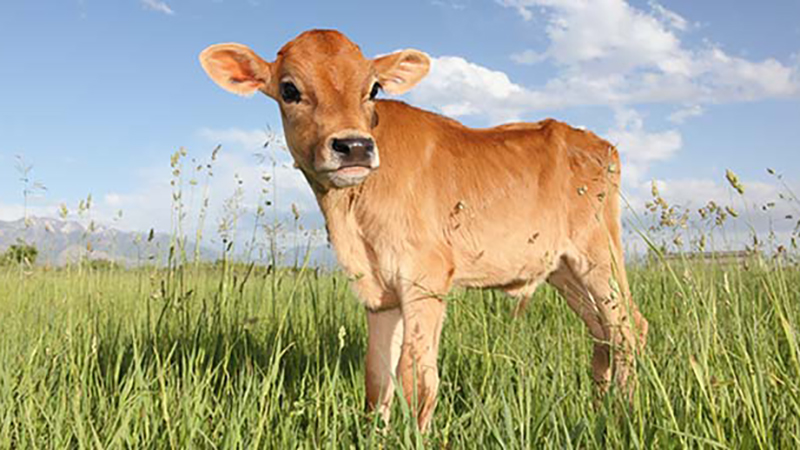
The devil is in the details when choosing dairy products
We’re constantly learning new details about health and nutrition, and in recent years some radical differences about the types of proteins in cow milk have come to light.
Casein is the principal protein found in cow milk, as well as products like cheese and yogurt that are made from milk. Cow milk also contains lesser amounts of whey. By contrast, milk produced by goats and sheep contains higher levels of whey protein to casein and may be easier for many people to digest.
Dr. Phil Maffetone has addressed many questions surrounding dairy foods in his books and on this website.
Many people who have problems with dairy products assume they have an issue with lactose, a type of sugar contained in milk, when they actually have a problem digesting casein. It’s been well-documented that some people, perhaps many, have difficulty digesting casein.
As it turns out, it’s even more complicated than this, because there are actually two types of casein — A1 and A2 — with conflicting health effects found in cow milk. Different breeds of dairy cattle tend to produce more or less of each casein type in their milk.
A1 beta casein has been associated with ill health and is found in larger ratios in the milk of certain types of cattle. Studies, including data from the World Health Organization, have linked A1 with increased risk of heart disease, high cholesterol, type 1 diabetes, sudden infant death syndrome, neurological disorders such as autism and schizophrenia, and possibly allergies. Some people may have an easier time digesting A1 than others, but it may not be healthful for anyone.
On the other hand, these ill-health issues are not associated with consumption of A2 casein, which is produced by other types of dairy cattle, particularly Jersey cattle.
Most big dairy companies get their milk from a mixture of different cattle breeds, and the predominant milk cow in the United States is, unfortunately, the predominant A1-producing breed — the Holstein. This is the classic black-and-white dairy cow developed to produce large quantities of milk. However, to further complicate, some individual Holstein cattle do have the genetic ability to produce a high-A2 milk.
Jersey dairy cows, as well as goats and sheep, are noted as consistently producing milk with higher levels of A2 casein type. But these animals produce much less milk per animal.
In the future, we’ll see efforts in the dairy industry to identify A2-producing cows. One organization is readying a labeling program for dairy products in Australia and the U.S.
If you are looking for milk products with a higher A2 content, the best option is to seek out milk products from a local farmer who raises Jersey cattle on grass. In stores, look for milk products labeled as being made from Jersey cow milk.
Some other basic things to know if you choose to consume dairy products.
- Heavy cream and butter contain virtually no casein or lactose, and most people can consume these with no problems.
- Fully cultured hard cheeses contain predominantly casein and fat. If you have a problem with lactose, you may be able to tolerate fully cultured cheeses. The way to tell is if the carbohydrate content on the label is 0.
- Most yogurts on the market have not been fully cultured and thus contain a fair amount of milk sugar. Read the label on the plain variety of your favorite brand to see how much carbohydrate it contains. This is all milk sugar — lactose and galactose. Making your own yogurt is an option — culturing your yogurt for longer periods will allow the bacteria to more fully consume the milk sugars.
- Dairy products from cows that have been feeding on green grass contain the most nutrients.








